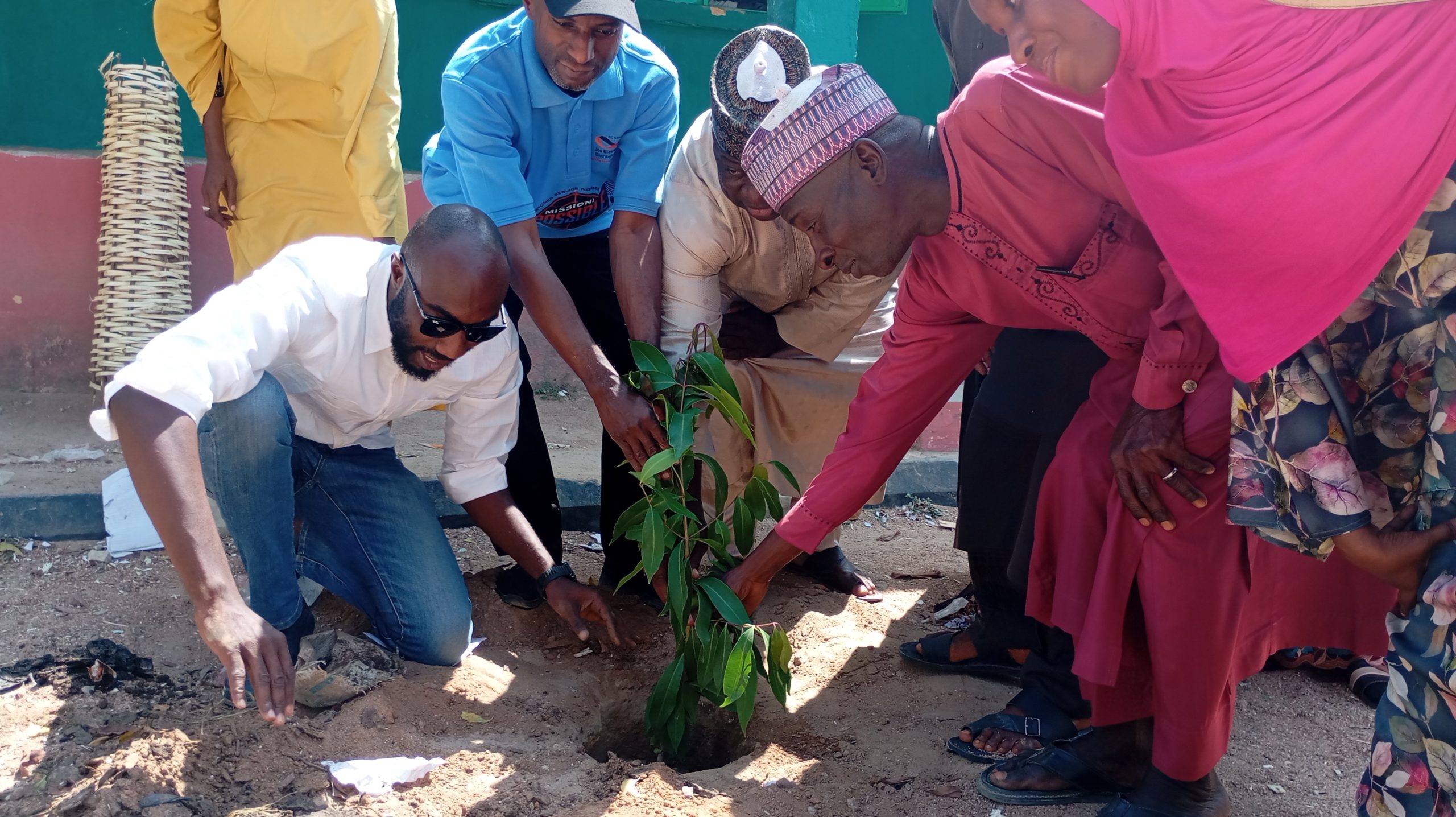Deputy Speaker of the House of Representatives, Benjamin Kalu, has called on the authorities of the Joint Admissions Matriculation Board (JAMB) to commission an independent and transparent audit of its entire examination infrastructure.
At a press conference yesterday in Abuja, Kalu explained that the audit should involve external professionals, system engineers, and academic measurement experts to scrutinise every aspect of the CBT engine, question delivery, answer validation, and result collation processes.
The Deputy Speaker called on JAMB to immediately review all available technical and independent reports, including those from third-party educational technology companies, that have gathered candidate-level data to fully understand the scope and implications of the crisis relating to the technical glitch that occurred during the 2025 Unified Tertiary Matriculation Examination (UTME).
He argued that only by triangulating internal findings with external audits can no affected candidate be left behind. Stating that it is imperative that candidates from the South-East and Lagos, who have already borne the brunt of the failures are not further disadvantaged, Kalu remarked that JAMB must provide a clear, accessible mechanism for remarks and appeals, especially for those dissatisfied with the hurried re-sit, or who experienced technical difficulties during the second sitting.
Furthermore, he said, coordination with WAEC and other examination bodies must continue to ensure that no candidate’s academic progression is impeded by scheduling conflicts.
On transparent communication and data release, Kalu called on JAMB to proactively publish anonymised, candidate-level result data for independent verification, and open its systems to Freedom of Information (FOI) requests as a gesture of transparency and accountability.
This, he said, would rebuild public trust.
Also, the Association of Tutorial School Operators (ATSO) has sought a comprehensive appraisal of JAMB’s technological systems and operational architecture to avert future glitches.
Addressing developments surrounding the 2025 UTME, ATSO President, Oludotun Sodunke, frowned on the recurring system failures during the examinations, attributing the failures to fundamental weaknesses in the board’s Information and Telecommunications Technology (ICT) infrastructure.
While commending the JAMB Registrar, Prof Ishaq Oloyede, for admitting error in the test, Sodunke, however, emphasised the urgent need for fundamental reforms.
He said: “Sustainable solutions require inclusive engagement with all education stakeholders. JAMB can no longer afford to rebuff constructive contributions and criticisms from well-meaning stakeholders in the education sector.”
To address the challenges, ATSO suggested that the UTME should be moved to July/August, after the completion of the Senior School Examination (SSCE) conducted by the West African Examination Council (WAEC) and National Examination Council (NECO), to ensure that candidates are adequately prepared.
Besides, the association tasked JAMB to commission independent technology experts, who will conduct a full stress test of its infrastructure.
But the Deeper Christian Life Ministry Lagos Moderator, Pastor Eric Ajari, has urged students to trust in God and avoid suicide, saying it is not the answer to the problem. He said any student who is sitting for an examination should prepare adequately and trust in the Lord, devoid of anxiety and depression.
Ajari, who spoke yesterday at the ministry’s headquarters in Gbadaga, noted that somebody who did not prepare very well for an examination can hardly pass, likewise those preparing for interviews, weddings or national service (NYSC).
Speaking on “causes, consequences and solutions to anxiety,” Ajari, who quoted 1 Kings 19:4, advised that students should always remember that God is their refuge in times of trouble. He listed reasons why students fail the examination.
According to him, they include anxiety, guilt syndrome, fear of failure, rejection, greed, self-esteem, broken trust, drugs and depression. To overcome, Ajari said the God of peace was the solution that students needed.






